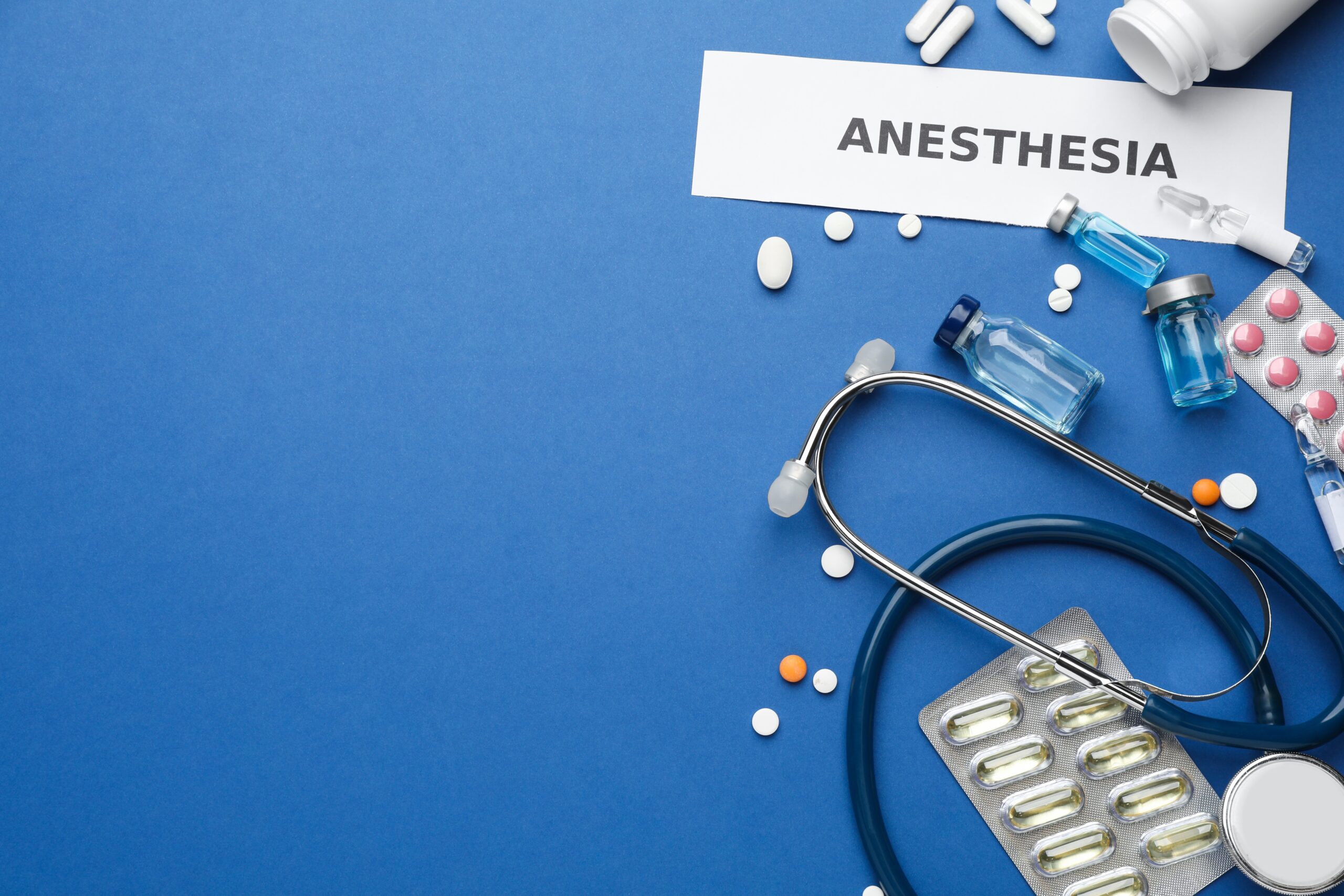Oral surgery is a treatment that many individuals will have to go through at some time in their life. Whether it is tooth extraction, wisdom tooth extraction, or more invasive treatments like restoration, most of us will find ourselves in that couch for more than a normal check-up.
Many of the frequently asked inquiries involve how they will be anesthetized throughout their procedure. Will I be able to stay awake during the process? Is it going to hurt? Worry over oral surgery is entirely natural, and this paper will go through the many types of anesthetic used in oral surgery. Some of the methods include;
Sedation Methods
Most tranquilizers will keep you awake, but many people will fall asleep throughout the operation because they are so calm and serene. They frequently have no recollection of the procedure. The sort of anesthesia you will utilize is determined by how invasive the surgery is.
Anesthesia administered locally
Local anesthesia is a numbing drug that inhibits nerve cells from delivering signals to the brain for a short period of time. Patients are completely awake and aware when receiving a local anesthetic, such as lidocaine. The region around the injection site, on the other hand, is pain-free. It is often utilized in minimally invasive treatments such as tooth extraction.
The gas nitrous oxide
Nitrous oxide, sometimes referred to as laughing gas, is a type of conscious sedation. It is given to the patient through a respirator, who then breathes in a constant mixture of nitrous oxide and oxygen. It is used for both basic and complex processes.
Patients report feeling more at ease and less anxious. They may also regulate how much is given to them by taking deeper, more regular breaths. The effects of the treatment will wear off within a few moments, and the patient will be ready to drive home. Another advantage is the low cost of this approach. Nitrous oxide usually does not incur any additional costs.
Medication taken orally
To accomplish conscious sedation, patients using the oral pharmaceutical approach are generally required to take anti-anxiety medications. This technique is typically more successful than nitrous oxide at sedating patients and is also less expensive to give. Typically, patients take the medicine around an hour before the surgery. For more information or to schedule your next appointment, call our office today.


